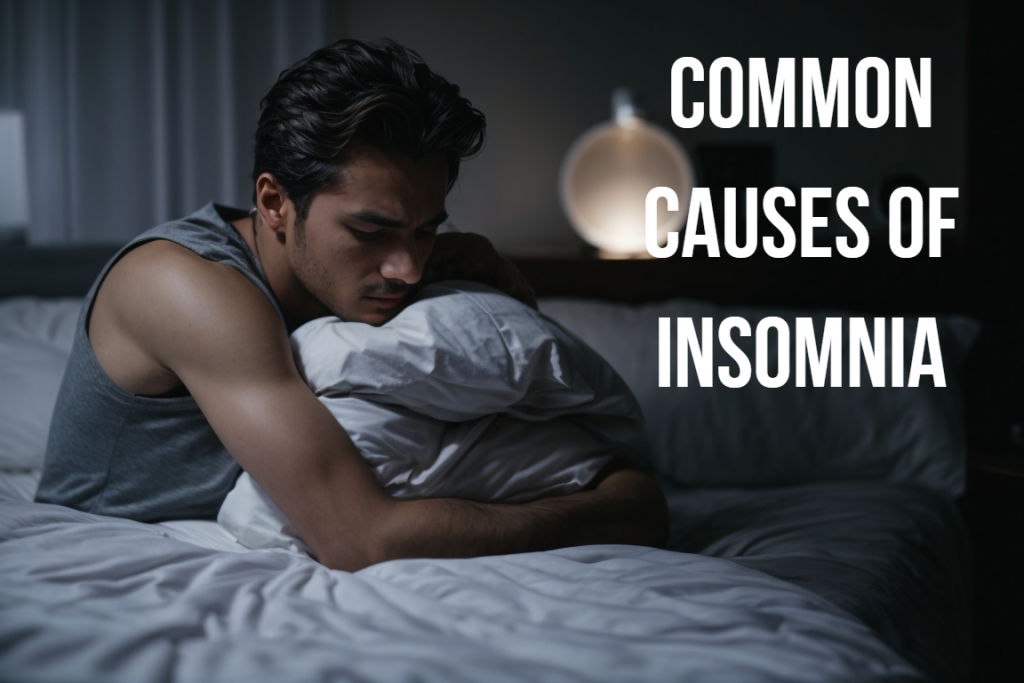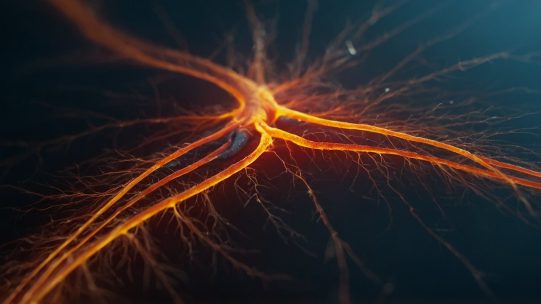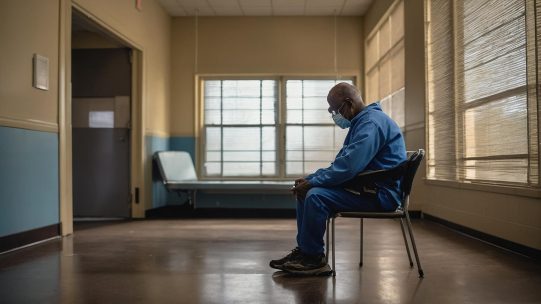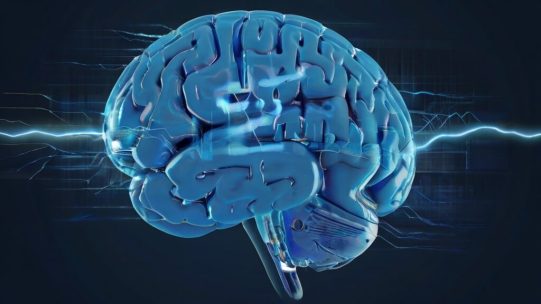
The CDC states that adults should get 7-9 hours of sleep per night. However, a survey of U.S. residents found that 25% of people suffer from insomnia each year. Fortunately, 75% of these people only suffer from short-term insomnia. However, some people don’t realize they struggle with insomnia because they are not familiar with its explanation. Free yourself from sleep anxiety.
Insomnia is difficulty falling asleep and staying asleep. In most cases, insomnia causes people to wake up early. Acute insomnia lasts from one night to several weeks, while chronic insomnia occurs more than three days a week and lasts for more than three months. Below is some information about the causes and treatment of insomnia.
Causes of Insomnia
There are two types of insomnia: primary and secondary. Secondary insomnia is related to an underlying condition, while primary insomnia has no underlying cause. The following are common causes of insomnia:
Acute Insomnia:
- A change in environment
- Stress
- Psychological trauma
- Uncomfortable mattress or bed
- Relationship difficulties
- Excess light, temperature, or noise
- Jet lag
- Medication
- Exercise or watching TV before going to bed since these keep your brain stimulated
Secondary Insomnia:
- Medical conditions that cause discomfort, such as back problems or arthritis
- Substance use
- Long-term use of medications such as antihypertensives, hormones, and anticonvulsants
- Diabetes
- Other sleep disorders like restless leg syndrome and sleep apnea
- Psychological issues like debilitating anxiety and depression
- Nasal blockage or sinuses
- Neurological issues like Parkinson’s
Other causes of insomnia include:
- This is because sleep satisfaction often decreases with age.
- Childhood behavioral issues
- Acid reflux, nocturia, and disrupted breathing in pregnancy
- Excessive alcohol, tobacco, or caffeine use
Management Options for Insomnia
After asking about your sleep and medical history, your doctor will perform a physical exam to rule out other problems and diagnose insomnia. You may also need to keep a sleep diary or undergo special tests at a sleep center. The following are some measures your doctor may recommend if you are diagnosed with insomnia
1. Cognitive-Behavioral Therapy {CBT}
The American College of Physicians (ACP) recommends cognitive behavioral therapy as a first-line treatment for adults with chronic insomnia. Part of the problem is the fear and anxiety associated with insomnia that make it difficult to fall asleep and stay asleep; CBT addresses these anxieties and helps people fall asleep in a restful environment.
2. Sleep Hygiene Training
In sleep hygiene training, experts will help you identify behaviors and problems that may be the cause of your insomnia. The training will focus on helping you change these destructive behaviors. Some of the changes offered during sleep hygiene training include:
- Avoid caffeinated drinks, sweet or spicy foods, and exercise before bedtime.
- Minimize time spent in bed outside of sleep, such as watching TV or surfing the Internet.
- Keep a consistent bedtime routine before bedtime.
- Avoid daytime naps.
- Keep your bedroom at a reasonably cool or warm temperature and a comfortable bed.
3. Medications
Medications may be needed to treat insomnia. One category of over-the-counter medications that are commonly used to treat insomnia are antihistamines such as Benadryl. However, these drugs only induce sleep as a side effect, and their long-term use is associated with a number of additional side effects. Therefore, they should not be used without the advice of a specialist. Prescription medications used to treat insomnia include:
- Eszopiclone
- Zolpidem
- Gabapentin (Neurontin)
Most medications used to treat insomnia can cause tolerance. This is a decrease in the effectiveness of the medication after prolonged use. To minimize this risk, medications are often used in combination with other treatments and are not used for long periods of time.
4. Melatonin Supplements
Melatonin is a hormone that is naturally produced by the body during sleep. Melatonin supplements are currently prescribed to mimic this natural hormone and help people fall asleep. There is some evidence that supplements can reduce the time it takes to fall asleep, but their long-term safety is inconclusive and they should only be used for short periods of time.










Comment